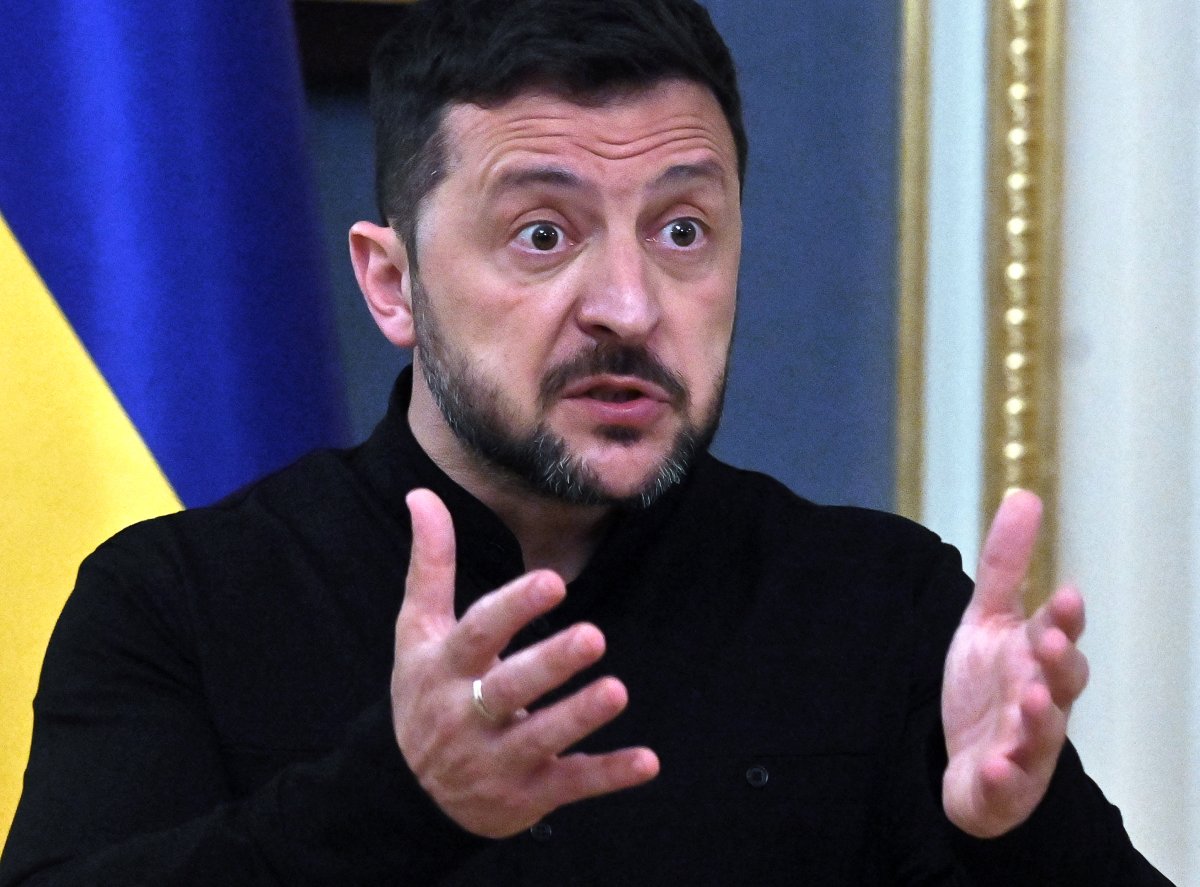
Ukraine suffers the worst Russian air bombardment yet, just as Trump re-approves military aid and criticizes Putin’s violence.
Ukraine’s President Volodymyr Zelensky described Russia’s latest nocturnal air assault as the “biggest aerial attack” since the beginning of the war, with 728 drones and 13 cruise or ballistic missiles attacking cities across the nation in successive waves.
Last week, during a phone discussion with Putin, Trump issued a harsh assessment: “He wants to go all the way, to keep killing people. It’s not good.”
The military aid ban, which was purportedly approved by Defense Secretary Pete Hegseth and Undersecretary of Defense for Policy Elbridge Colby, produced uncertainty in Washington.
When asked who made the decision, Trump, sat next to Hegseth, replied, “I’m not sure. Why aren’t you telling me?
While aid may now resume, Trump is considering a new sanctions package. He said Tuesday he was “looking at” Republican Senator Lindsey Graham’s idea to slap 500% tariffs on countries that continue to deal with Russia.
Trump has promised sanctions since taking office in January, but none have been applied. In June, he stated that sanctions “cost a lot of money” and that he was waiting to see if a peace agreement between Moscow and Kyiv could be reached.
Still, he stated last week that he and Putin had “discussed sanctions a lot” and that “he understands it may be coming.”
The nocturnal raids affected cities across Ukraine, including Lviv, Rivne, and, in especially, Lutsk, a critical military and humanitarian hub located barely 90 kilometers from the Polish border.
While eastern Ukraine and Kyiv remain regular targets, attacks on the western region indicate a broadening of Russian firepower.
Meanwhile, Russia accused Ukraine of conducting a drone strike on the Kursk border region, which reportedly killed three people and injured seven more.
Despite two rounds of discussions earlier this year, no fresh ceasefires have been set. Both sides are more skeptical that diplomacy would resolve the crisis, which began with Russia’s full-fledged invasion of Ukraine in February 2022.
Still, Kremlin spokesman Dmitry Peskov claimed Russia’s offensive is progressing.
“We are moving forward,” he declared on Wednesday. “Each new day the Ukrainians have to accept the new realities.”

Leave a Reply